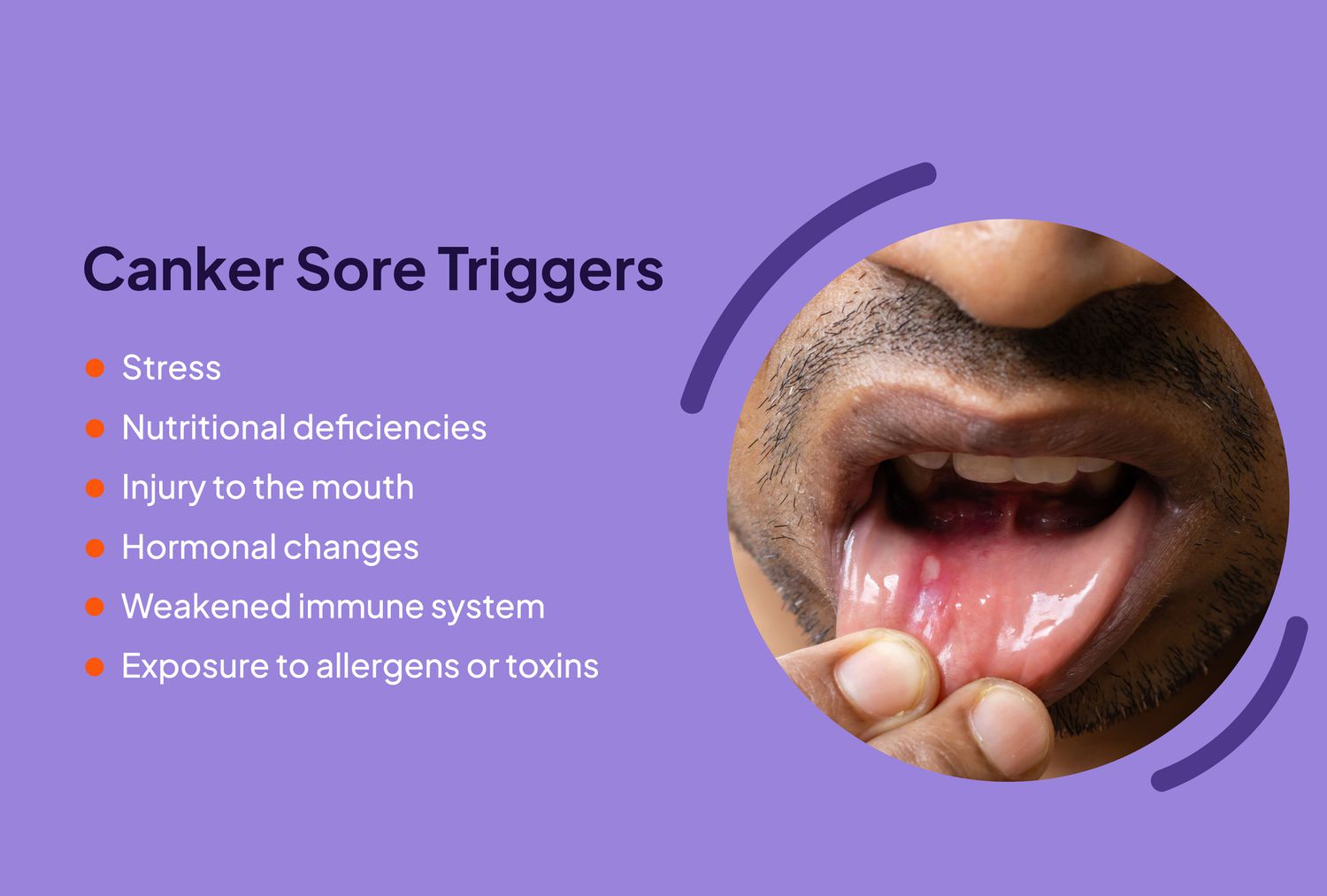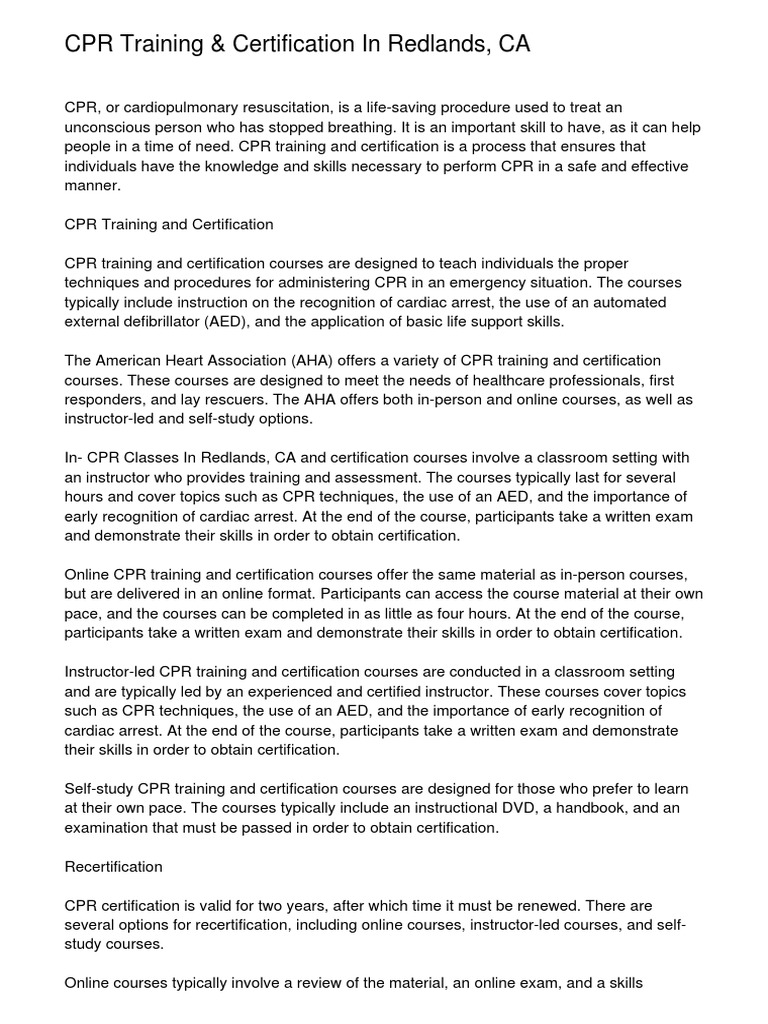Does Dehydration Cause Canker Sores

Dehydration, a condition characterized by the insufficient intake of fluids, leading to an imbalance in the body’s water and electrolyte levels, has been often implicated in the development of canker sores. Canker sores, also known as aphthous ulcers, are small, shallow lesions that appear on the soft tissues in the mouth, such as the tongue, inner cheeks, and lips. They can be painful and may make eating, drinking, and talking uncomfortable. While the exact cause of canker sores is not fully understood, several factors, including dehydration, have been associated with their onset.
To understand how dehydration might contribute to the formation of canker sores, it’s essential to consider the role of fluids in maintaining oral health. Saliva plays a critical role in protecting the mouth by neutralizing acids, facilitating the removal of bacteria and other pathogens, and aiding in the healing of oral tissues. Dehydration can lead to reduced saliva production, creating an environment where the mouth becomes more susceptible to irritation and infection. This imbalance can potentially trigger the development of canker sores in predisposed individuals.
Research suggests that individuals experiencing dehydration may have lower levels of saliva production, which can compromise the protective mechanisms of the mouth and increase the risk of developing canker sores.
Several mechanisms through which dehydration could potentially influence the development of canker sores include:
Reduced Saliva Production: Saliva acts as a natural protector of the oral mucosa, helping to wash away bacteria and other potential irritants. With decreased saliva production due to dehydration, the protective barrier of the mouth is compromised, potentially leading to the formation of canker sores.
Increased Acidity: Dehydration can lead to an increase in the acidity of the mouth, as there is less saliva to neutralize acids. This acidic environment can irritate the mucous membranes, potentially triggering the onset of canker sores.
Nutrient Deficiencies: Dehydration often accompanies poor dietary habits and can lead to deficiencies in essential nutrients, including vitamin B12, iron, and folate, which are important for maintaining healthy mucous membranes. Deficiencies in these nutrients have been associated with an increased risk of developing canker sores.
Stress: Dehydration can be a source of physical stress, and stress is known to be a potential trigger for canker sores. The exact mechanism by which stress influences canker sore development is not well understood but may involve the release of stress hormones that can affect the immune system and the health of the oral tissues.
Managing Dehydration to Prevent Canker Sores
- Stay Hydrated: Drink plenty of water throughout the day, aiming for at least eight glasses of water daily.
- Maintain a Balanced Diet: Ensure your diet is rich in fruits, vegetables, whole grains, and lean proteins to provide essential nutrients.
- Avoid Irritants: Stay away from spicy, spicy, or acidic foods that can irritate the mouth and potentially trigger canker sores.
- Practice Good Oral Hygiene: Regular brushing and flossing can help keep your mouth clean and reduce the risk of canker sores.
In conclusion, while dehydration is not the sole cause of canker sores, it can contribute to an environment in the mouth that is more conducive to their development. By staying hydrated, maintaining a balanced diet, avoiding irritants, and practicing good oral hygiene, individuals can reduce their risk of developing canker sores and promote overall oral health.
Can dehydration alone cause canker sores?
+Dehydration is one of several potential triggers for canker sores. While it may not cause canker sores on its own in all cases, it can contribute to the development of an environment in the mouth that is more susceptible to canker sores, especially in individuals who are predisposed to them.
How long does it take for dehydration to potentially lead to canker sores?
+The time frame can vary significantly among individuals. For some, dehydration leading to canker sores might occur within a day or two of insufficient fluid intake, while for others, it might take longer. It also depends on the severity of dehydration and the individual's overall health and predisposition to canker sores.
Are there any specific drinks that can help prevent dehydration and canker sores?
+Yes, water is the most recommended beverage for preventing dehydration. Additionally, drinks that are rich in electrolytes, such as coconut water or sports drinks, can help replenish what's lost through dehydration, especially in cases of severe fluid loss due to intense physical activity or illness.
By understanding the potential link between dehydration and canker sores, individuals can take proactive steps to maintain their oral health and reduce the risk of developing these painful lesions. Remember, a healthy, balanced lifestyle that includes adequate hydration, a nutritious diet, and good oral hygiene practices is key to preventing canker sores and promoting overall well-being.
